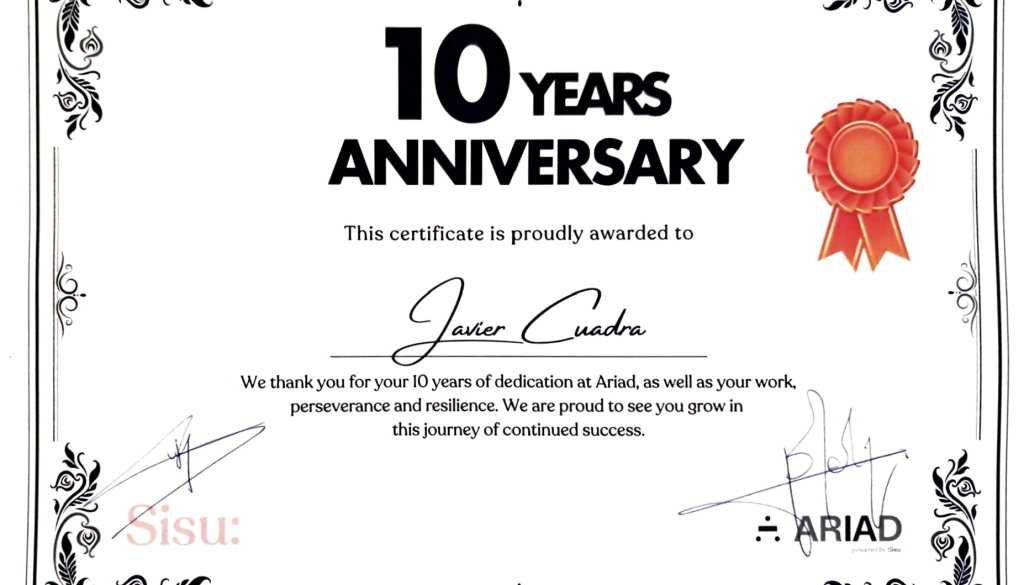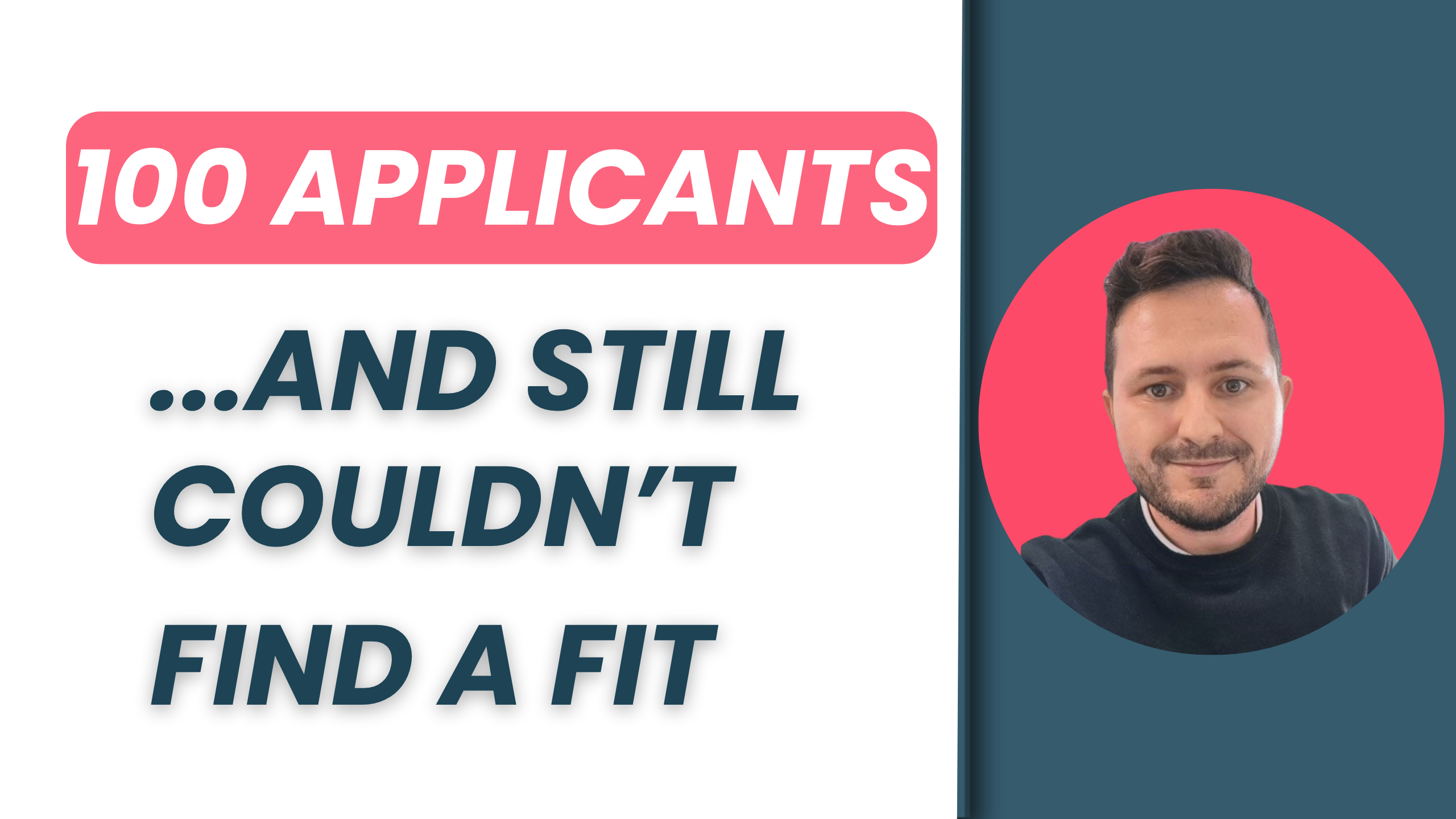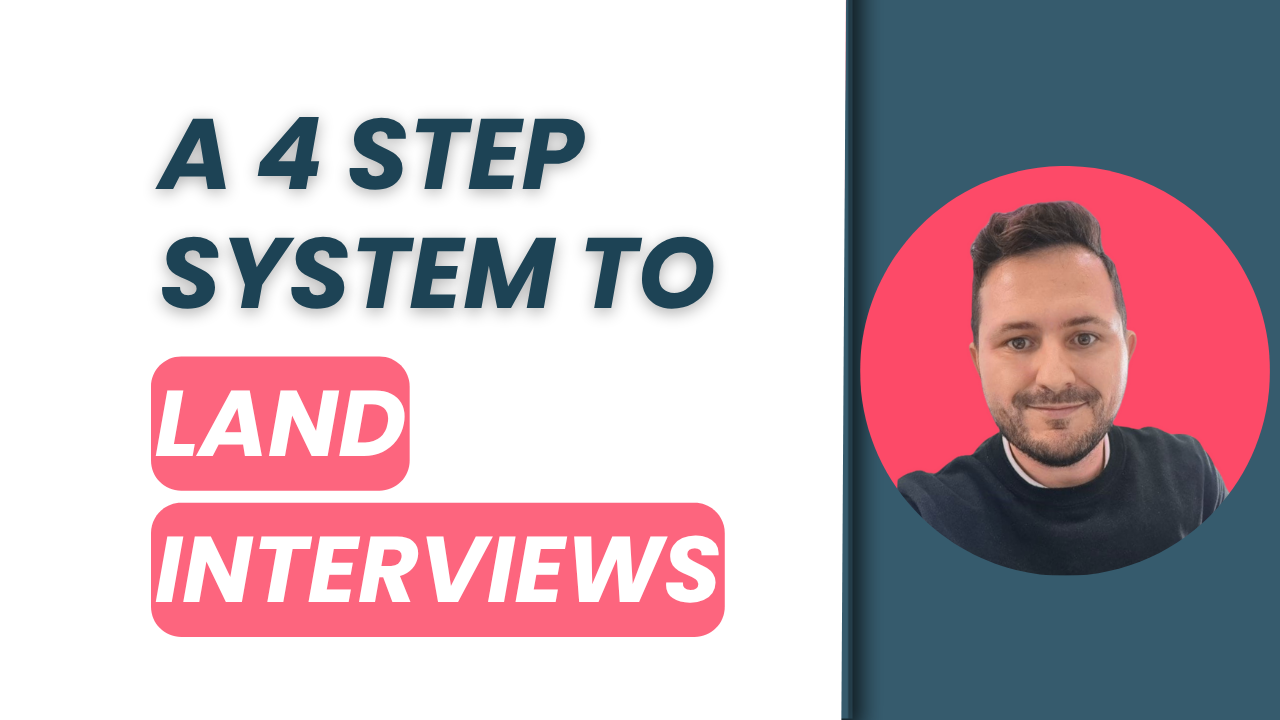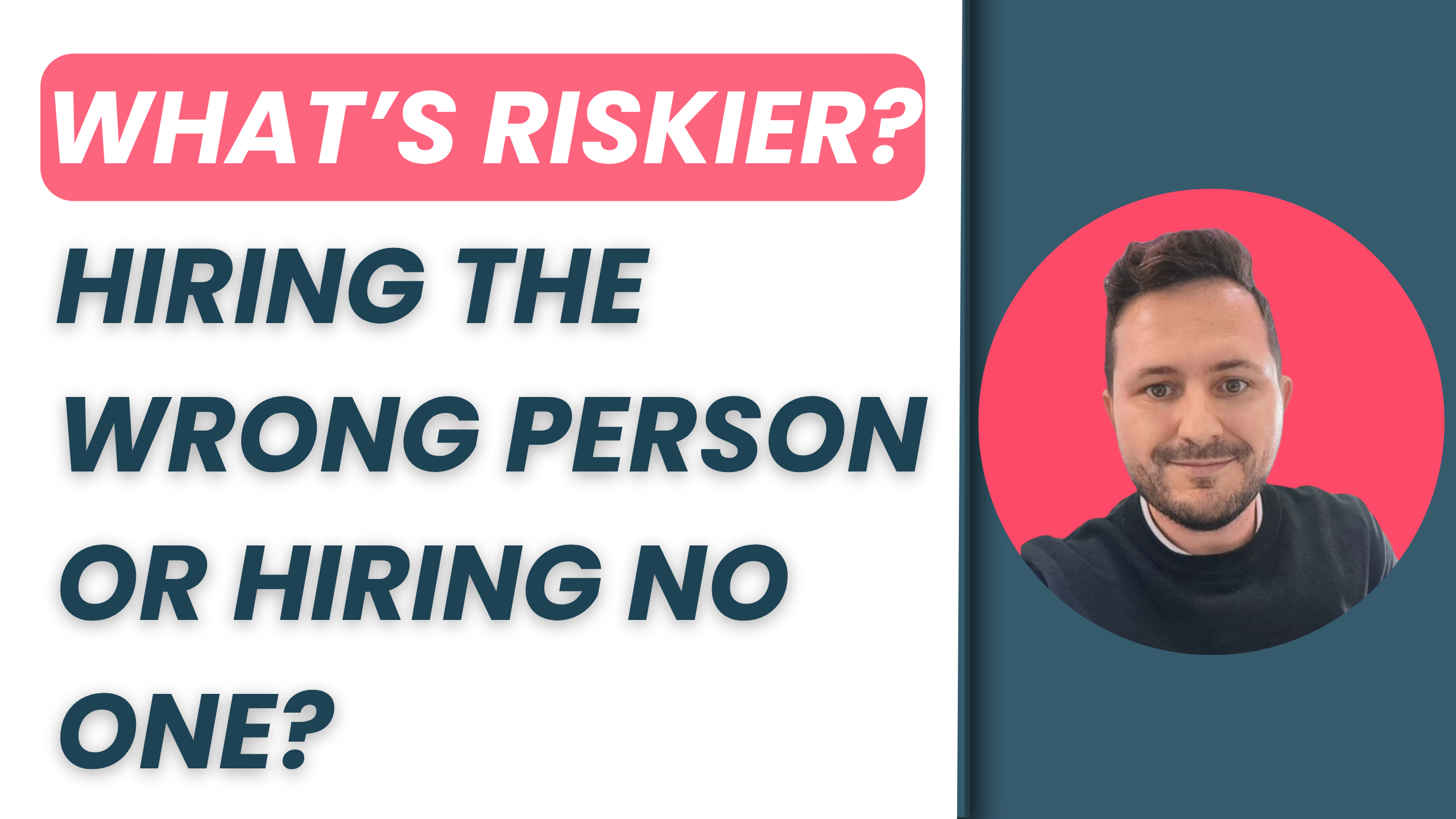10 years in staffing. 5 Key learnings
As I reflect on my journey in the staffing industry, I can’t help but think about the lessons I’ve learned along the way. When I first started, I was filled with enthusiasm and ambition, but there were crucial insights that I simply didn’t have. With ten years in the field now, I’ve come to appreciate the value of these lessons—not only for my personal growth but for anyone looking to make their mark in this competitive industry.
Here are five things I wish someone had told me at the start of my journey.
Your Network is your Net Worth
Building relationships with industry peers and candidates is invaluable. Early on, I wish I had prioritized networking even more, as the connections I’ve made have opened doors and provided support during challenging times. Investing in relationships pays off, and I’ve learned that the quality of my connections is far more important than quantity.
I’ll never forget my first major placement, a UX designer for a prominent Belgian bank. It was a last-minute rush, and I managed to connect with a candidate through a mutual acquaintance I had met at a local UX meetup. That connection not only helped me fill the position but also led to a long-term partnership with the bank, resulting in several more placements down the line. The quality of my connections has always outweighed the quantity.
If there’s one thing staffing will teach you, it’s that you can’t control everything. Markets shift, technologies change, and suddenly, your best-laid plans go up in smoke. Early on, I learned that being adaptable isn’t just a nice skill, it’s a survival tactic.
Adaptability is Key
In my own experience, being willing to pivot has been essential. For instance, during the pandemic, I had to adjust my strategies dramatically to meet the new demands of remote recruitment. As many companies paused hiring, I found myself needing to pivot quickly. Instead of focusing solely on active placements, I began offering free workshops and career coaching sessions to candidates in my network.
Embracing change and maintaining an open mind have allowed me to seize opportunities that might have been overlooked. Whether it’s shifting market trends or client needs, staying agile is crucial. As you navigate your career in staffing, remember: being adaptable isn’t just an asset; it’s a necessity.
Be Unique and Fight Your Corner
The staffing industry is highly competitive, so differentiation is a necessity. In my case, I hyper-specialized in the talent acquisition of user experience and customer experience experts in the digital field in Belgium. Over the last 10 years, I’ve been recruiting digital teams for European leading brands, resulting in the hire of 200 digital professionals. Specialization not only helps in establishing a personal brand but also enables me to offer unique insights and value to clients and candidates alike.
Establish a Strong Personal Brand
Staffing is competitive. If you don’t stand out, you blend in, and blending in doesn’t get you anywhere. I figured out that specialization is the way to differentiate yourself. For me, it meant hyper-specializing in UX and customer experience experts for digital teams in Belgium. Over the years, this focus has led to placements with some of the biggest European brands and built a reputation I’m proud of.
I remember when I published my first thoughtful LinkedIn article discussing the latest trends in UX design recruitment. The response was overwhelmingly positive, and I began to receive inquiries from potential clients and candidates who resonated with my insights.
Some strategies that have worked well for me include writing my own content, specializing in specific areas, and offering added value through portfolio advice, coaching, and career counseling. Establishing a strong personal brand takes time and effort, but trust me, the results are worth it.
Working remote: The importance of Emotional Intelligence
One lesson I’ve learned the hard way is how vital emotional intelligence is working as part of a remote team. Understanding team dynamics and the emotional states of individual members has been key to building a cohesive and productive environment. By recognizing the feelings and motivations of my team, I’ve been able to foster trust and connection, which ultimately leads to better collaboration and performance. So, don’t overlook the human element; it’s crucial in this line of work.
As I wrap up these reflections, I realize that every lesson learned has shaped my perspective on staffing and recruitment. The journey hasn’t always been smooth, but each challenge has contributed to my growth and understanding of what it takes to succeed in this industry. If you’re just starting your career in staffing, I encourage you to take these lessons to heart. Remember, success in staffing is not solely about filling positions; it’s about the relationships you build, the adaptability you demonstrate, and the unique value you offer to others.






